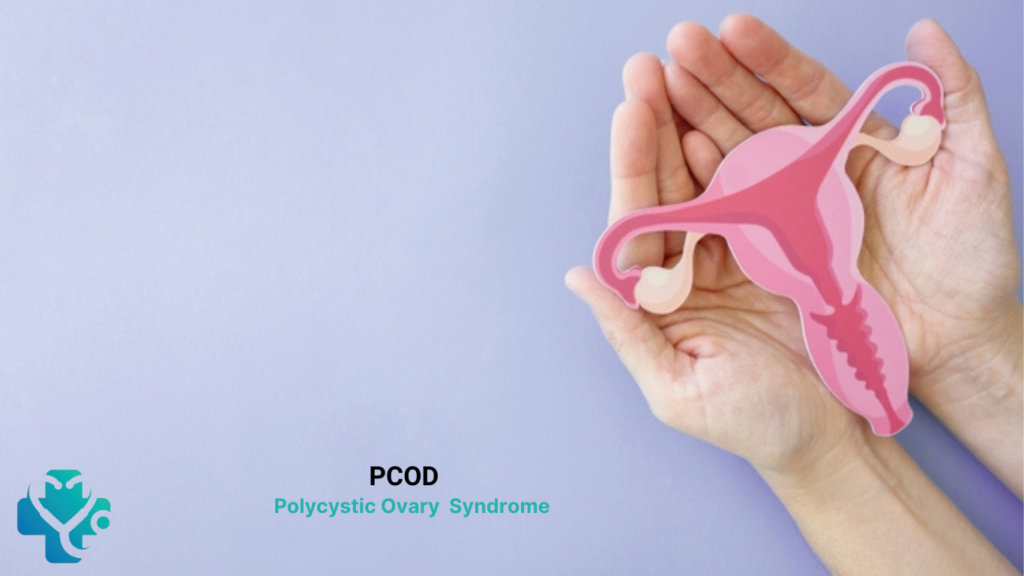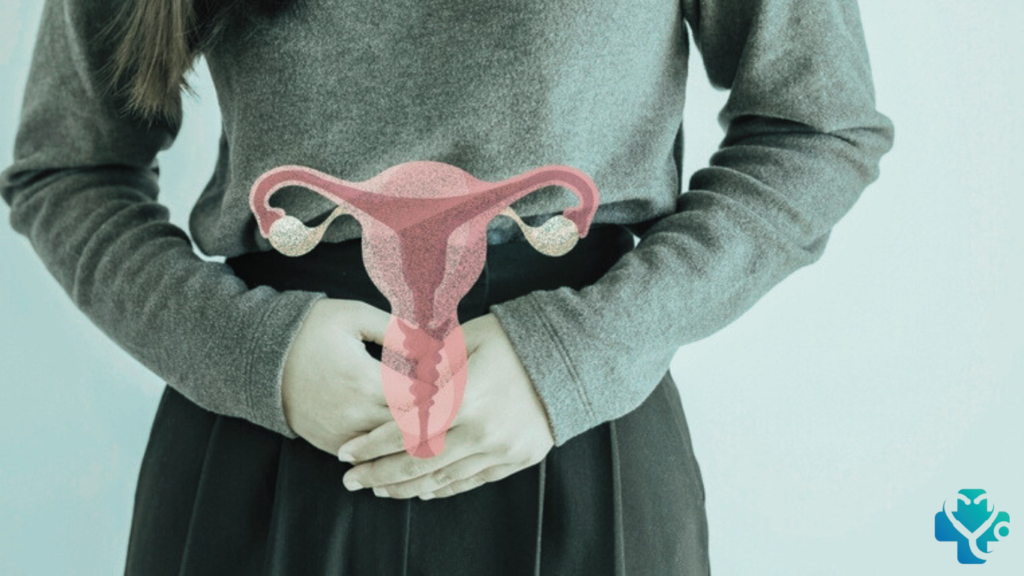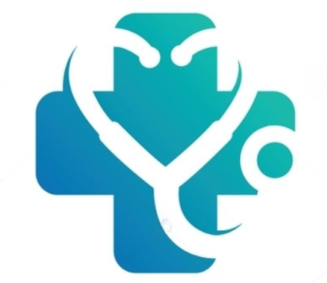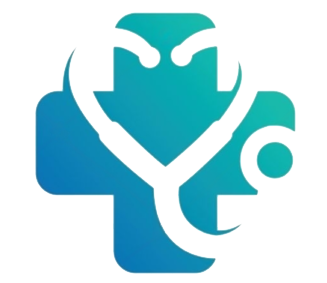
Polycystic Ovary Syndrome (PCOS) is one of the most common hormonal disorders affecting women of reproductive age. It is a condition that impacts a woman’s ovaries, causing them to develop small cysts, and can have far-reaching effects on fertility, metabolism, and overall health. Dr. Swati Jain Gupta, a leading gynecologist and infertility specialist, sheds light on the key aspects of Gynecologist for PCOS in Tohana, including its symptoms, causes, and effective treatment options.
What is Polycystic Ovary Syndrome (PCOS)?
PCOS is a condition where a woman’s ovaries contain numerous small cysts (fluid-filled sacs). This hormonal imbalance can lead to irregular menstrual cycles, excess androgen (male hormones), and problems with ovulation. As a result, many women with PCOS may struggle with fertility, weight gain, and other metabolic issues.
Symptoms of PCOS
Women with PCOS may experience a wide range of symptoms, which can vary in severity. Dr. Swati Jain Gupta highlights the most common symptoms of PCOS:
- Irregular Menstrual Cycles
- Women with PCOS often experience infrequent, irregular, or even missed periods. This happens because the ovaries do not release eggs (ovulate) regularly.
- Excess Androgen (Male Hormones)
- Elevated levels of male hormones can lead to physical signs such as excess facial and body hair (hirsutism), severe acne, and thinning hair on the scalp.
- Polycystic Ovaries
- The ovaries may appear enlarged with multiple small cysts, which can be detected during an ultrasound examination.
- Infertility
- Irregular ovulation is a common cause of infertility in women with PCOS, as the ovaries do not release eggs regularly, making conception more difficult.
- Weight Gain and Difficulty Losing Weight
- Many women with PCOS struggle with weight gain or have difficulty losing weight due to insulin resistance, which is often associated with the condition.
- Thinning Hair or Male-Pattern Baldness
- Elevated androgen levels can also contribute to hair thinning or male-pattern baldness in women with PCOS.
- Skin Darkening
- Areas of dark, thick skin may develop, often around the neck, groin, or under the breasts. This condition is known as acanthosis nigricans.

Causes of PCOS
The exact cause of PCOS remains unclear, but several factors are believed to contribute to its development:
- Hormonal Imbalance
- Elevated levels of male hormones (androgens) and insulin resistance can disrupt normal hormonal function, leading to PCOS. These imbalances can affect the ovaries’ ability to produce eggs or hormones properly.
- Genetics
- PCOS tends to run in families, suggesting a genetic component. If a woman’s mother or sister has PCOS, she is more likely to develop the condition.
- Insulin Resistance
- Many women with PCOS have insulin resistance, which means their bodies require more insulin to regulate blood sugar levels. High insulin levels can increase androgen production, worsening symptoms like hair growth and acne.
- Inflammation
- Chronic inflammation in the body can play a role in PCOS. Research has shown that women with PCOS often have higher levels of inflammation, which can contribute to insulin resistance and hormonal imbalances.
How is PCOS Diagnosed?
PCOS can be diagnosed through a combination of methods:
- Medical History and Symptoms: A thorough evaluation of symptoms like irregular periods, excessive hair growth, and acne.
- Physical Examination: A physical exam may include checking for signs like excess hair or acne.
- Ultrasound: An ultrasound can reveal the presence of multiple cysts on the ovaries.
- Blood Tests: Blood tests are used to check hormone levels, such as androgen, and to evaluate insulin resistance.
Treatment for PCOS
While PCOS cannot be completely cured, there are various treatment options available to manage symptoms and improve quality of life. Dr. Swati Jain Gupta shares the most effective treatment strategies:
- Lifestyle Modifications:
- Diet and Exercise: A balanced diet, low in processed foods and high in fiber, combined with regular exercise, can help manage weight, reduce insulin resistance, and regulate menstrual cycles.
- Medications to Regulate Menstrual Cycles:
- Birth Control Pills: Oral contraceptives can regulate periods and reduce excess androgen, helping to manage symptoms like acne and excessive hair growth.
- Progesterone Therapy: For women who don’t want to use birth control pills, progesterone therapy can be prescribed to induce regular periods.
- Fertility Treatments:
- Clomiphene Citrate (Clomid): This medication is often used to stimulate ovulation in women with PCOS who are struggling with infertility.
- In Vitro Fertilization (IVF): For women who do not respond to oral medications, IVF may be recommended to assist with conception.
- Medications to Lower Insulin Resistance:
- Metformin: This medication is commonly used to treat insulin resistance and may also help regulate menstrual cycles and promote ovulation.
- Hair Removal Treatments:
- Laser Hair Removal and Electrolysis: These treatments can help reduce unwanted hair growth caused by elevated androgen levels.
- Surgical Options:
- Ovarian Drilling: In some cases, when other treatments don’t work, a minor surgical procedure called ovarian drilling may be performed to improve ovulation.
While PCOS can present challenges, women can lead healthy, fulfilling lives with the right treatment plan. Dr. Swati Jain Gupta emphasizes the importance of regular medical checkups and proactive management of symptoms. By making lifestyle changes, taking prescribed medications, and seeking emotional support, women can better manage the physical and emotional impact of PCOS.
Conclusion
Polycystic Ovary Syndrome (PCOS) is a manageable condition with the right approach. By understanding the symptoms, causes, and available treatments, women with PCOS can take control of their health and fertility. Dr. Swati Jain Gupta’s expertise in gynecology and infertility provides patients with the necessary guidance to navigate this condition, improve their quality of life, and achieve their reproductive goals.



